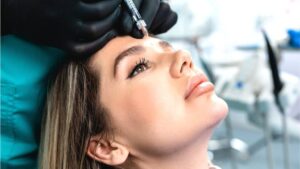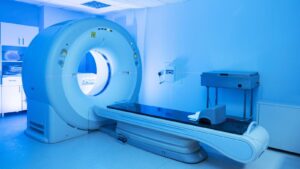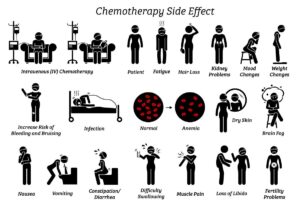Picture this: sterile walls, clipboards, and the unmistakable scent of antiseptic. You’re in the doctor’s office, a place where social graces can be as delicate as a paper gown. Yet, some patients seem determined to transform this professional sanctuary into a circus of cringe-worthy behavior. From oversharing to digital distractions, the waiting room and exam rooms are fertile ground for etiquette violations that can make healthcare professionals roll their eyes and patients squirm. In this exploration of medical manners gone wrong, we’ll dissect the most jaw-dropping ways people manage to be spectacularly rude in the one place designed to keep them healthy. Navigating the doctor’s office can be a minefield of potential social faux pas that can irritate healthcare professionals and fellow patients alike. One of the most egregious offenses is showing up late or not at all without proper communication. Medical schedules are meticulously planned, and your tardiness can disrupt entire clinic operations.
Oversharing personal medical details in the waiting room is another cringe-worthy behavior. Nobody wants to hear graphic descriptions of your latest ailment while trying to maintain their composure. Respect others’ privacy and keep conversations low-key and considerate.
Using your phone during consultations is perhaps the ultimate sign of disrespect. When a healthcare professional is dedicating their expertise to understanding your medical concerns, constantly checking social media or taking calls demonstrates profound disregard for their time and professional effort.
Arriving unprepared is another major irritant. Not having your insurance card, medical history, or current medication list ready can significantly slow down the consultation process. Healthcare providers appreciate patients who come organized and ready to discuss their health efficiently.
Arguing with medical professionals or dismissing their recommendations reveals a combative and counterproductive attitude. While it’s acceptable to ask questions or seek clarification, challenging medical expertise without legitimate grounds creates unnecessary tension.
Bringing a crowd of unnecessary companions to your appointment can create overcrowding and discomfort. Unless you genuinely need assistance or translation, consider attending alone to maintain a professional and focused environment.
Poor personal hygiene is another significant issue. Arriving unwashed, wearing strongly scented perfumes, or displaying obvious signs of illness without proper precautions can create an unpleasant environment for staff and other patients.
Lying about your medical history or current symptoms is not only rude but potentially dangerous. Medical professionals rely on honest information to provide accurate diagnoses and appropriate treatment plans.
Demanding immediate attention or special treatment demonstrates a sense of entitlement that healthcare workers find particularly frustrating. Understanding that medical emergencies and complex cases might require longer wait times shows empathy and respect.
Interrupting medical professionals while they’re speaking, making diagnoses, or explaining treatment options is incredibly disrespectful. Active listening is crucial in medical consultations, and your full attention helps ensure comprehensive healthcare delivery.










